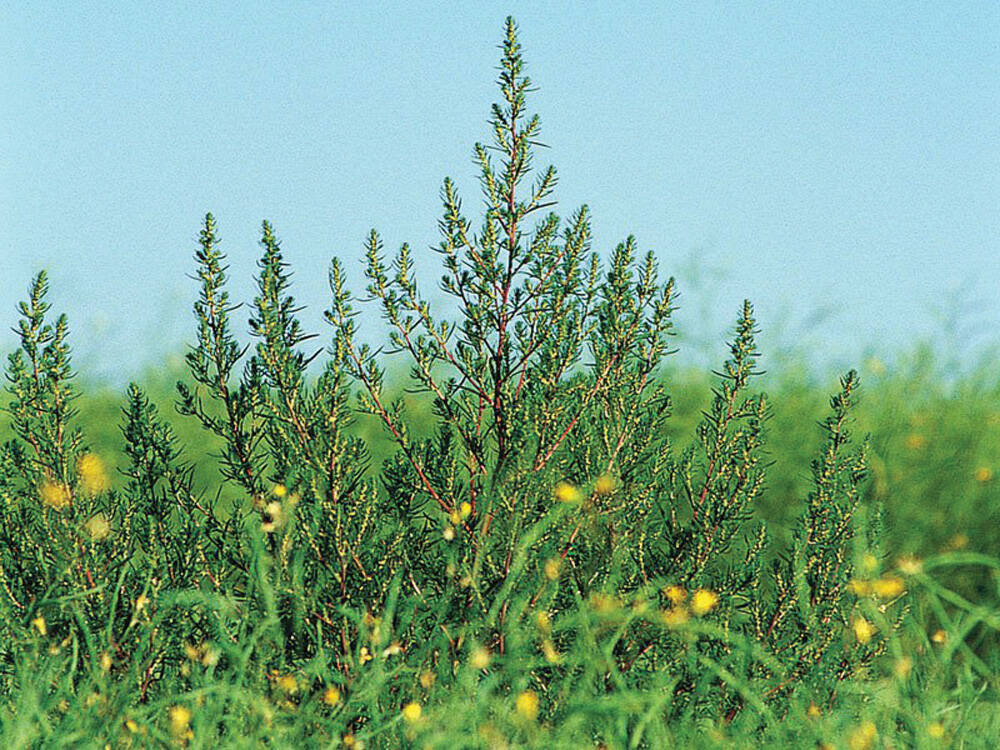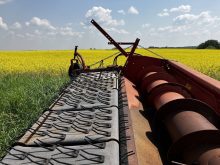CNS Canada –– Flax acreage across the Prairies will likely increase this spring, as long as the price relationship holds up, industry officials said.
Last year, about a million acres of flax were planted in Canada, according to Will Hill, president of the Flax Council of Canada. This year, he expects that number to rise to 1.2 million acres, perhaps more.
He attributed rising numbers of seeded acres to a solid demand base, good publicity about the health benefits of flax in both animals and humans, and recent problems with crops grown in Europe and Russia.
Read Also

FMC Canada unveils 2026 crop protection roster
FMC Canada’s crop protection lineup for 2026 will include four products marketed for control of kochia.
“A lot of (Europe’s and Russia’s) crop didn’t get harvested because of inclement weather toward the end. Some of it is still under snow,” he said.
Despite lingering winter conditions across much of the Prairies, Hill said flax “generally can withstand a later harvest” and should be fine.
The price, however, could be lower than last year’s.
“Right now it looks like it could be between 11 and 13 (Canadian) bucks (per bushel),” said Richard Zacharias of Prairie Flax Products, a processor west of Portage la Prairie, Man.
Last year’s average price was $13 to $15 per bushel, he said. Despite the decrease, he added, the price still looks good when one considers the amount expected to be seeded.
“It’s going to be one of the better prices in the commodity industry, farmers are going to be putting in more volume.”
Hill agreed, noting that prices for flax haven’t come down as much as they have for other crops.
China, the U.S., Europe and various Middle East countries are all current buyers of Canadian flax. “Europe was quiet for a while but it’s picked up again,” said Hill.
Zacharias adds the current conflict in Ukraine could definitely affect the market for Canada.
“That could impact the acreage that goes in over there, and that’ll definitely affect things here,” he said.
— Dave Sims writes for Commodity News Service Canada, a Winnipeg company specializing in grain and commodity market reporting.














